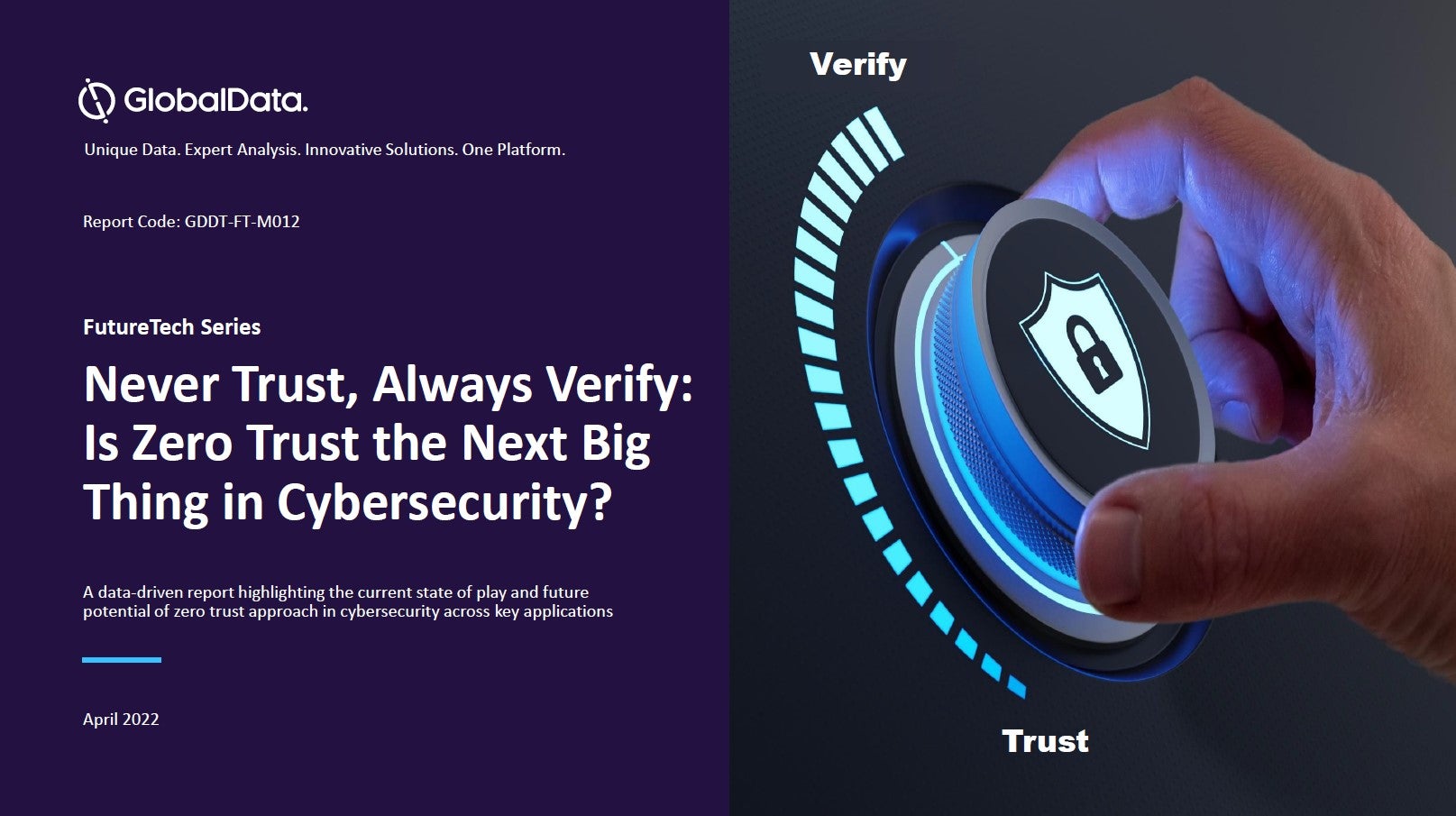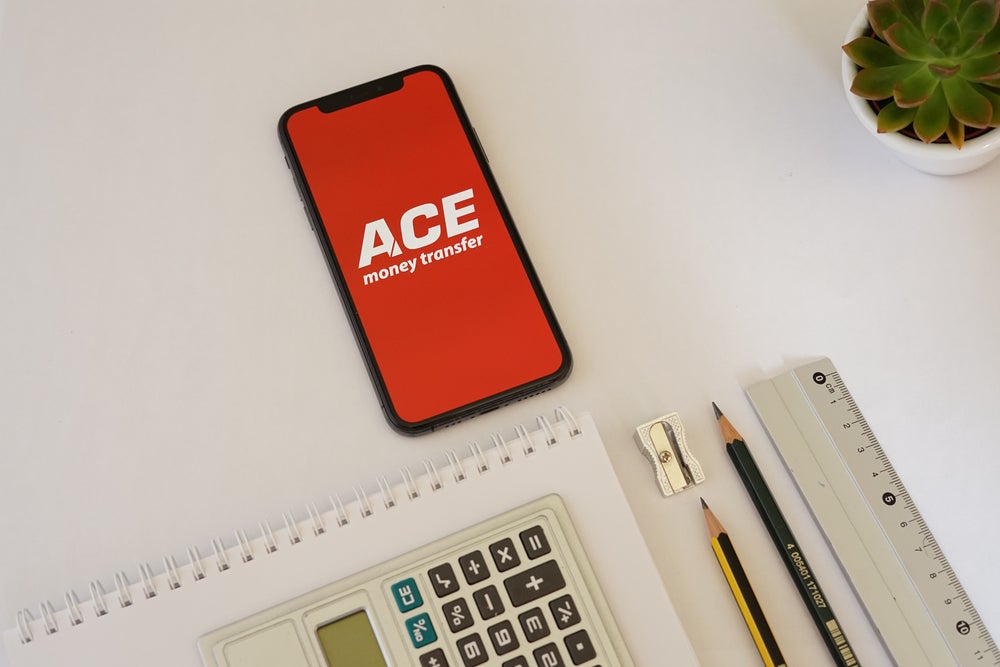The future of mobile was the theme of the latest Digital Banking Club live event, held at the prestigious Gibson Hall in the City of London. A panel of experts took to the stage to discuss how mobile will shake up the industry. Billy Bambrough reports
The breakfast briefing, hosted by the group editor of consumer finance titles Douglas Blakey, brought together a panel of experts from around the UK to discuss the evolving nature of mobile banking and what we can expect from the mobile channel over the next few years.
The panel was made up of Gareth Addison, mobile consulting lead at Capco Banking, Jon Rutter director product management at First Data; Ben Snowman, head of product at Rate Setter; David Webber, managing director of Intelligent Environments (IE); Ruth Whitten, VP of strategy development at MasterCard, and David Young, director of channels at Metro Bank.
Blakey kicked off the discussion asking IE’s David Webber whether banks should be looking at different strategies for the digital channels.
"Consistency is key. The most important thing is that the experience is seamless for the end user", says Webber. "If we compare a tablet banking experience and a desktop or laptop banking experience, there is an increasing number of people who fall into the mobile only category of banking."
Webber explains that while this trend is currently most prevalent in the younger demographic it will only grow as we move forward.
How well do you really know your competitors?
Access the most comprehensive Company Profiles on the market, powered by GlobalData. Save hours of research. Gain competitive edge.

Thank you!
Your download email will arrive shortly
Not ready to buy yet? Download a free sample
We are confident about the unique quality of our Company Profiles. However, we want you to make the most beneficial decision for your business, so we offer a free sample that you can download by submitting the below form
By GlobalData"Because of this the mobile device must provide everything that the browser based experience does."
Webber goes on to say that just because the mobile app can do everything that browser based banking can do they don’t have to do it in the same way.
"Differentiation within the digital channels is important for the bank and the customer."
Snowman chips in: "I think the functionality of mobile, tablet and browser based banking should be very similar. Keeping things simple and safe through all channels I find to be very important."
David Young adds that Metro Bank, a fledgling lender in the UK that is very focused on its branch distribution model, can no longer resist the pull towards mobile.
"We are investing a lot this year in our digital channels. Metro Bank has two new digital platforms in the pipeline which will be launching soon. We think it’s important to deliver what the customer has told us they want, across all channels and that includes digital."
Blakey puts it to Young that this development of the digital channel with the majority of banks on the high street is in order to divert customers away from the branch, with banks hoping this will save them money.
Young says: "This is absolutely not the case for Metro Bank. Our business is fundamentally based on the physical store and that is where it will stay, but it is supported by the other channels including telephony and digital."
Turning to Addison, Blakey asks whether Capco have seen a shift in the importance of the mobile channel to banks.
Addison says that banks have refocused their strategy over the last few years and are trying to be more consumer led.
"Different organisations have different priorities on what they want to do with mobile and we are now starting to see banks tailoring their mobile channel to what their particular customers want.
"For the first time we are seeing banks offer a mobile app with a USP."
Blakey points out that mobile banking penetration is only at 27% in the UK while people who have phones capable of running a mobile banking app is at 64%.
"There is still a long way to go", says Blakey, asking Addison what he thinks banks can do to increase the 27% statistic.
Addison says: "If we look at those who are not adopting the channel as a place to start, it seems a large number have issues with the perceived security of banking apps. Ironically, a number of mobile banking offerings have more stringent security controls in place than their internet banking counterparts."
Whitten explains that MasterCard acknowledges that the company’s core business of physical cards is not perfectly suited to the mobile digital world.
"Entering 16 digits then the expiry date is frustrating enough on the PC but trying to do it on mobile it becomes a lot more difficult.
"We are changing how cards are used in the digital space, with things like MasterPass, and moving towards being able to give people real consistency, security and simplicity across platforms.
Whitten tells the audience that recent research suggests that their mobile device is no longer only being used ‘on the go’, consumers are just as likely to shop on their mobile at home as they are when they are out of the house.
"It shows how comfortable consumers are getting with broader financial activities across devices, and so it’s important for MasterCard that all our products can be used wherever a consumer wants, and also for the industry shows we shouldn’t be limiting consumers by device", she adds
Rutter adds: "We need to stop trying to guess what the customers wants. People are very used to using their mobile devices how they want, when they want and this is something that other industries are already well aware of."
Looking abroad or to other industries, Blakey asks the panellists if they see any particular mobile banking or general app features being used that might excite customers in the UK if brought to mobile banking
Webber says: "Customers need to be able to personalise their banking app. It needs to do what they want and be tailored to the individual."
Snowman points to the US standard practise of being able to pay in a cheque to your current account through the mobile banking app.
Regulation banning the digital copying of a cheque currently makes this impossible in the UK but as the app feature becomes ever more popular in the rest of the world the UK will be under heavy pressure to catch up.
Snowman adds: "In the US it is quite common to pay for your mobile banking and payments, along with your current account. Monetising the mobile channel is something that research has shown that people are willing to pay for."
Blakey asks Young whether Metro Bank would consider using the mobile channel to sell products.
"No, it isn’t something we would do. Down the line, we may however consider letting customers upgrade their app with particular paid features such as a ‘find my phone’ service where we can help customers locate their phone using its GPS."
Blakey turns the discussion towards the issue of customer privacy and data. Are customers being asked to give away too much?
Rutter says: "It depends how intrusive the bank is when it is collecting data, what it is doing with data once it has it, and how securely the data is stored.
"There is a great opportunity here to monetise through targeted offers if the bank can show that it is respecting people’s privacy while safeguarding their data."
Webber says: "While the technology for targeted ads is there, the relationship that the bank has with the individual customer would have to improve before people become accepting of banks targeting them in this way."
Young says that at Metro they are thinking about using mobile data to identify customers as they walk into the branch, aiming to speed up service and provide a more personal experience.
"This is as far as we would want to go with using customer data at this time. Pushing offers on people is not something that we think our customers would appreciate."
Blakey invites questions from the floor and Young is asked about how they use the digital channels to advise customers on best offers and deals they can get in the industry.
Young says that at Metro Bank they are thinking about using mobile data to identify customers as they walk into the branch, aiming to speed up service and provide a more personal experience.
"This is as far as we would want to go with using customer data at this time. Pushing offers on people is not something that we think our customers would appreciate."
Blakey invites questions from the floor and Young is asked about how they use the digital channels to advise customers on best offers and deals they can get in the industry.
Young says: "It’s tough regulation-wise to offer that kind of advice. It’s not something that we have heard our customers ask for.
Young indicates that mobile is a highly fluid channel and can change a lot over a short time and says once Metro Bank get feedback from customers on its upcoming app there is the possibility that features could be updated.
Webber fields a question on mobile banking security saying that there should be a higher level of user controls on security, allowing the user to set their own security measures depending on their need.
The panel is asked by Stacy Lamb of Tesco Bank about how the UK’s new seven day switching service will affect new challengers entering the market.
Addison responds saying: "It will always be difficult for new banks but this is something that will make it easier.
Young adds that it can be difficult for the regulator. The regulator not only wants the new entrants to succeed. The regulator is keen to see that the new entrants do not fail as it would push away those potential new players considering entering the market.
Previous Digital Banking Club panellist Roy Vella rounds off the Q and A session by asking how banks can catch up with other service providers when it comes to making the most out of the latest digital technology.
Vella explains that his bank will cancel his card if he uses it abroad whereas his mobile phone provider knows where he is and offers him minutes, texts and roaming data benefitting both the customer and the company.
Webber agrees that banks are far from using the technology to its full potential, and should be using location, data and their ability to easily contact the customer to deliver a better service.
Blakey asks Vella to give some examples of where he sees good mobile banking and app practise.
"It can’t just be checking your balance", says Vella. "Mobile can do so much more than that."
Vella points to M-PESA and payment schemes in other developing countries as an example of what innovative and well thought out mobile banking can do.
Vella concludes saying that banks should not be trying to fit the branch into the phone but figuring out what the phone can do on its own.
Rutter responds with the observation:
‘While balance enquiry on mobile may not be exciting it fills a distinct customer need especially when delivered as part of a wider solution."







